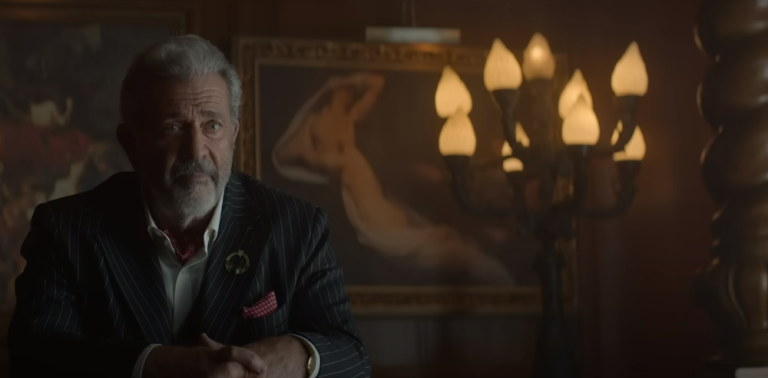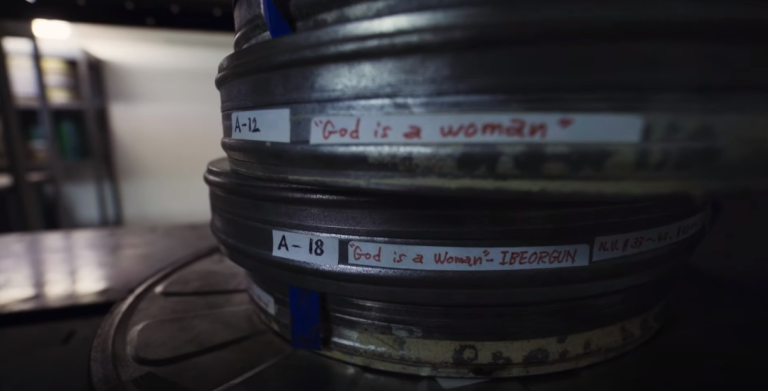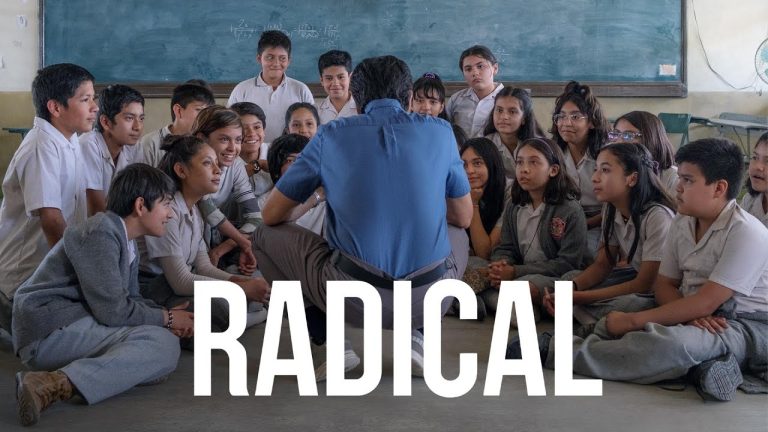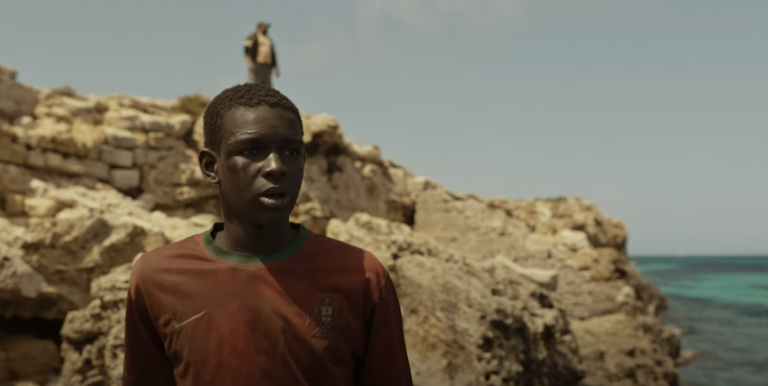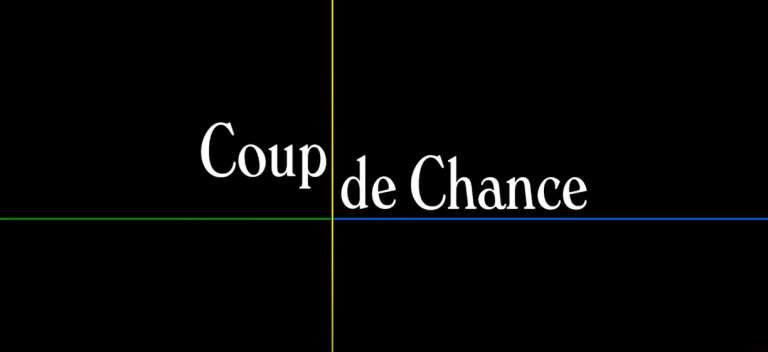
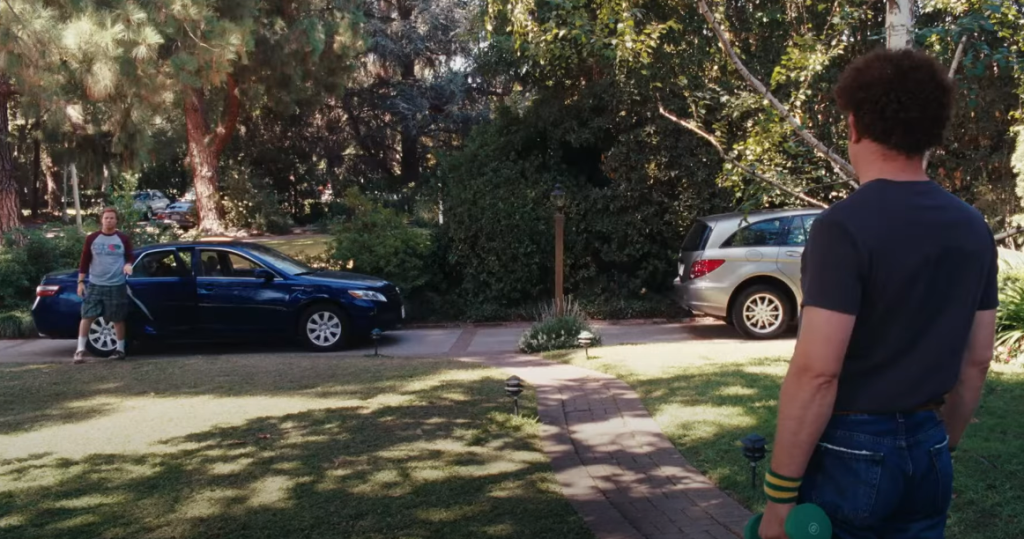
The landscape of comedy has undergone a noticeable shift towards more abrasive and discomfort-inducing humor, as exemplified by films like “Step Brothers.” At first glance, this movie appears to promise laughter, with its portrayal of Brennan and Dale, two middle-aged men who have yet to find employment and indulge in a life of cheese nachos and television. However, when their parents marry and they’re forced to share a room, the humor takes a turn towards painful antics and crude language.
But is this type of humor truly funny? That’s a matter of personal preference. The same anatomical act depicted in both “Step Brothers” and “Tropic Thunder” garners different reactions. In “Step Brothers,” it comes off as crass and repulsive, while in “Tropic Thunder,” it elicits laughter due to the context of Jack Black’s desperate situation.
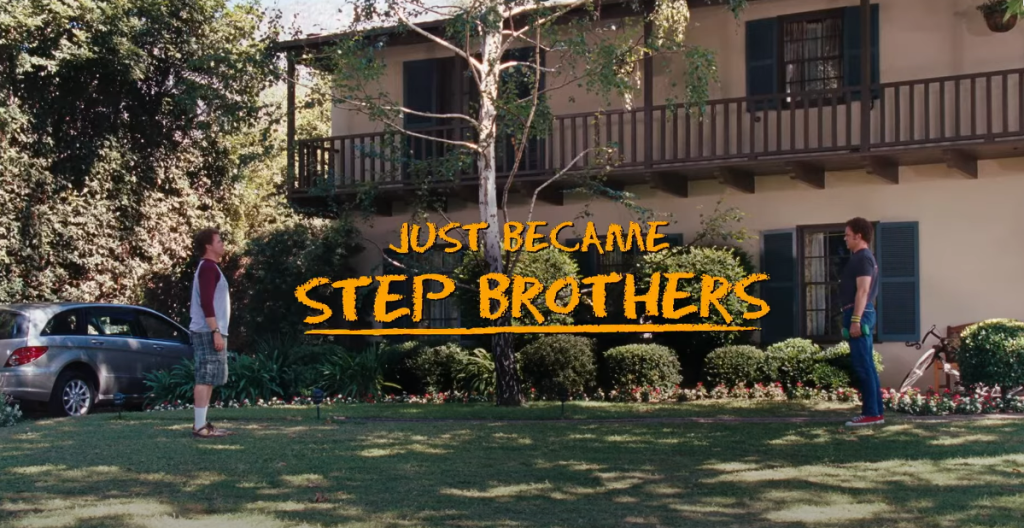
This evolution in comedic tone raises questions about the boundaries of humor and what audiences find entertaining. While some may appreciate the shock value and irreverence of films like “Step Brothers,” others may question the level of meanness and vulgarity portrayed. In contrast, “Tropic Thunder” demonstrates the nuanced nature of comedy by extracting humor from explicit situations while maintaining a lighter touch.
The disparity in comedic effectiveness between the two films lies in the underlying mechanisms at play. In “Tropic Thunder,” Jack Black’s character’s desperate motivation adds depth to the humor, whereas in “Step Brothers,” explicit language feels gratuitous and disconnected from the narrative.
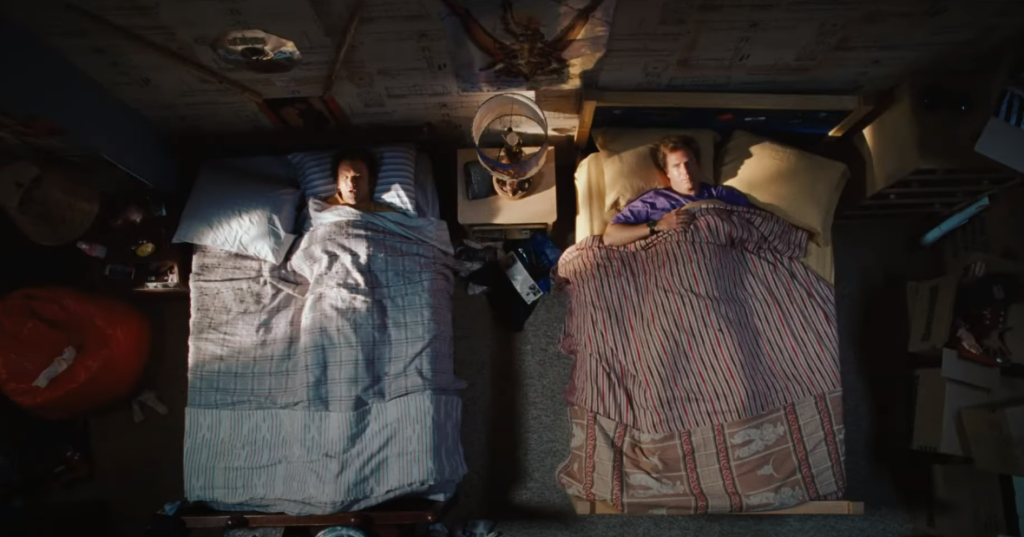
The portrayal of violence in “Step Brothers” further adds to the discomfort. While individual scenes may seem humorous in isolation, within the broader narrative, they contribute to a sense of unease. This discomfort is compounded by the film’s depictions of attempted drowning and other violent encounters.
Despite its shortcomings, “Step Brothers” does offer some redeeming qualities, such as commendable performances from actors like Mary Steenburgen and Richard Jenkins. However, their characters’ detached reactions highlight a broader theme of societal breakdown and declining standards, prompting reflection on the erosion of norms and the consequences of unchecked behavior.

In conclusion, while “Step Brothers” may find success at the box office, it ultimately falls short of reaching its comedic potential. Its reliance on tired tropes and mean-spirited humor detracts from its overall effectiveness. However, amidst its flaws, there are moments of genuine humor, such as the misbehaving guide dog scene, which highlights the importance of unexpectedness and incongruity in comedy. Ultimately, the success of a comedy hinges on its ability to surprise and delight audiences, rather than relying on shock value or mean-spiritedness.
| Aspect | “Step Brothers” | “Tropic Thunder” |
|---|---|---|
| Humor Tone | Abrasive, crude, and uncomfortable | Nuanced, inventive, and contextually driven |
| Portrayal of Anatomical Act | Crass and repulsive | Humorous due to desperate context and character dynamics |
| Depiction of Violence | Excessive and unsettling | Controlled, purposeful, and less gratuitous |
| Parental Characters | Detached and resigned | Observant but not fully engaged with absurdity |
| Societal Commentary | Highlights erosion of standards | Reflects on societal breakdown in a more subtle manner |
| Overall Comedy Potential | Falls short of full potential | More refined and effective in eliciting laughter |
| Notable Humorous Moment | Few and far between | Utilizes incongruity effectively and consistently |

